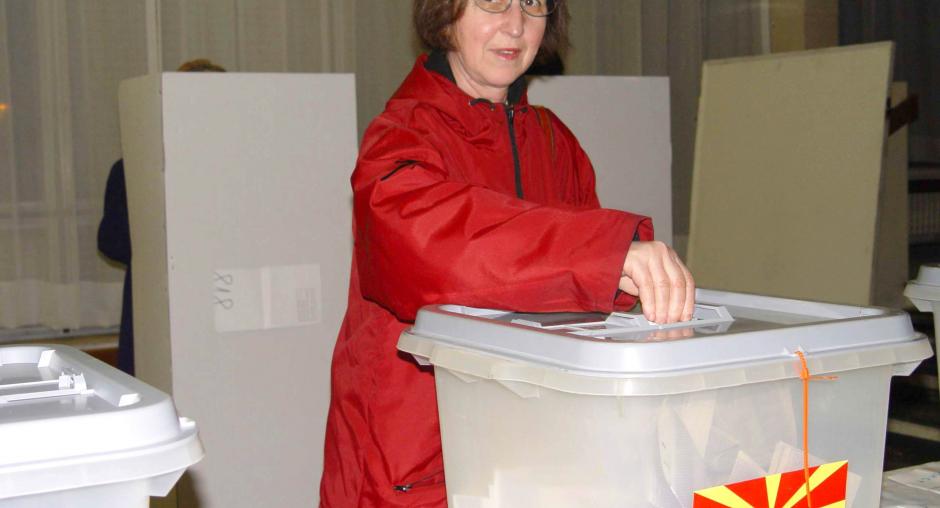Local Elections, 13 and 27 March and 10 April 2005

Type:
Country:
Mission at a glance
- Head of Mission: Julian Peel Yates (UK)
- 11 core staff in Skopje
- 20 long-term observers deployed to regional centres
- 250 short-term observers requested
- Core team and long-term observers drawn from 12 OSCE participating States
Mission schedule
- 2 Feb.: Mission opens with arrival of the core team
- 11 Feb.: Briefing of long-term observers
- 12 Feb.: Deployment of long-term observers
- 9 March: Arrival of short-term observers
- 13 March: Election day
- 14 March: Press conference in Skopje
- 27 March: Possible second round of mayoral elections
In response to an invitation from the Foreign Ministry of the former Yugoslav Republic of Macedonia, ODIHR deployed an election observation mission in early February to observe the local elections on 13 and 27 March and 10 April.
Headed by Julian Peel Yates of the United Kingdom, the mission included a core team o f11 international experts and 20 long-term observers from 14 OSCE participating States, who were deployed in Skopje and eight regional centres. Following the second round held on 27 March, and in anticipation of the delayed second-round voting on 10 April, the mission was reduced, and six long-term observers remained in the country, deployed in Skopje, Kumanovo and Tetovo.
ODIHR joined efforts with the Congress of Local and Regional Authorities of the Council of Europe for election-day observation during the various rounds.
On 13 March, the mission deployed some 360 observers from 39 OSCE participating States, including an eight-member delegation from the Congress. On 27 March, some 260 observers from 31 OSCE participating States were deployed, while some 80 observers representing 24 OSCE participating States were deployed to observe the delayed second round on 10 April.
According to the mission's final report: "While the 2005 municipal elections in the Former Yugoslav Republic of Macedonia were conducted in accordance with a number of OSCE commitments, they failed to meet key commitments, in particular those guaranteeing universal and equal suffrage and the secrecy of the ballot. Despite the fact that election days took place in a broadly calm environment and voting was conducted in a generally orderly manner in much of the country, serious irregularities were observed in a significant number of municipalities, which affected the integrity of the rocess."
